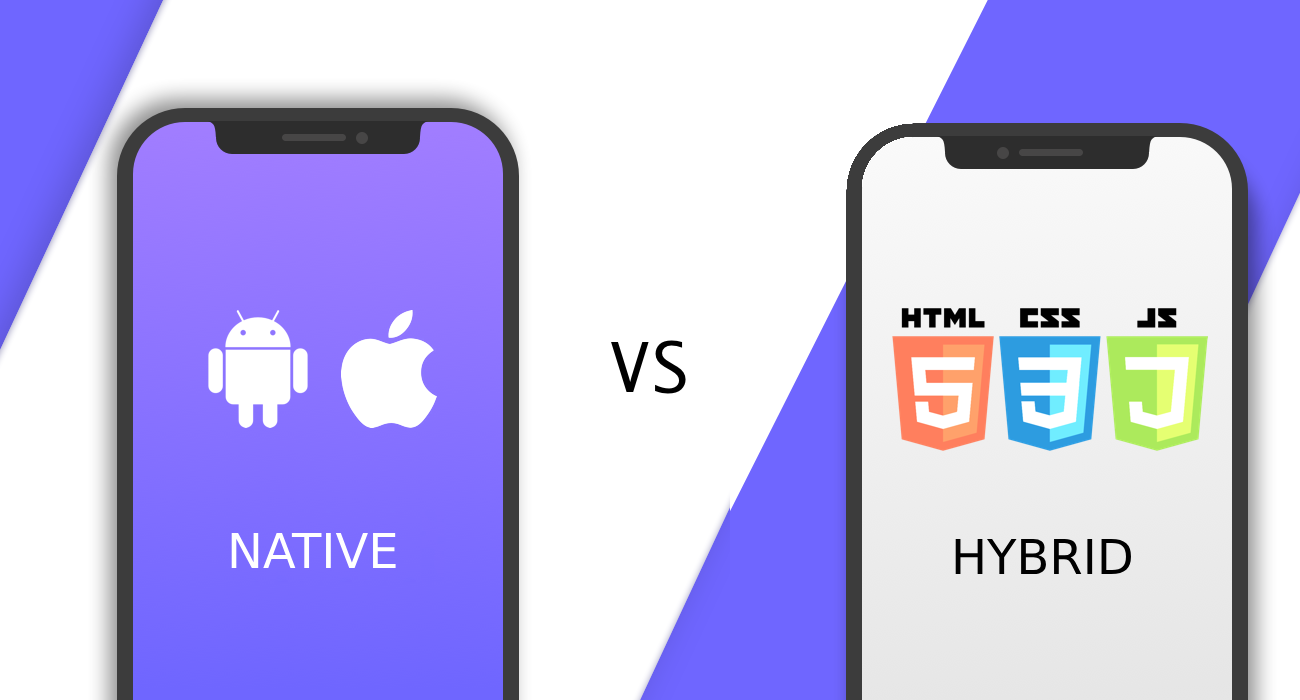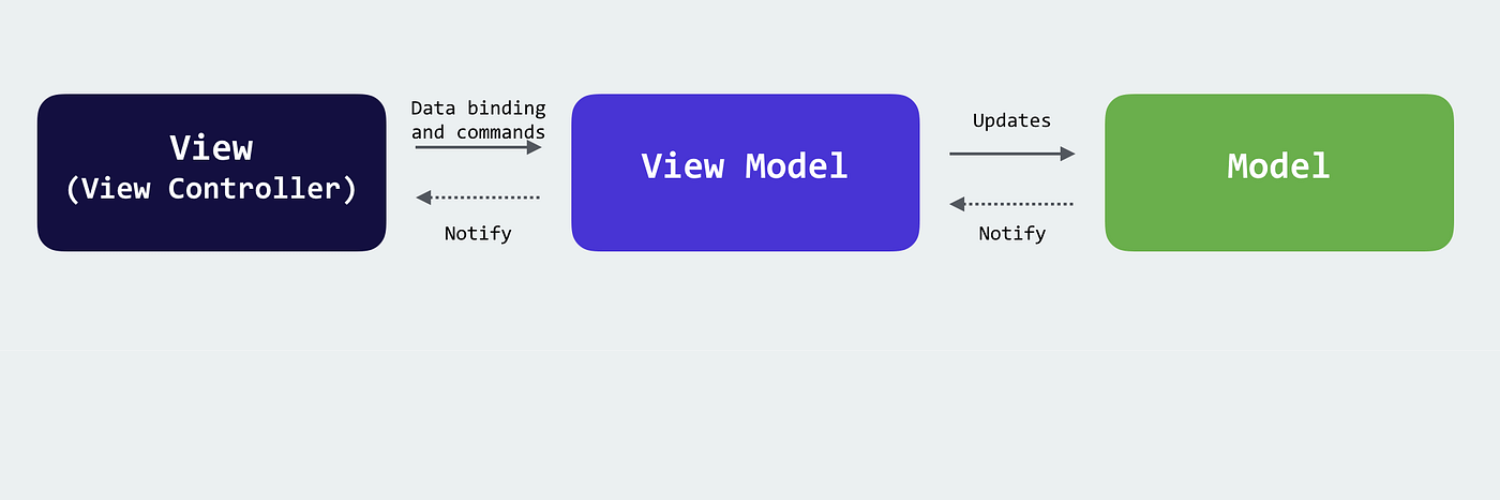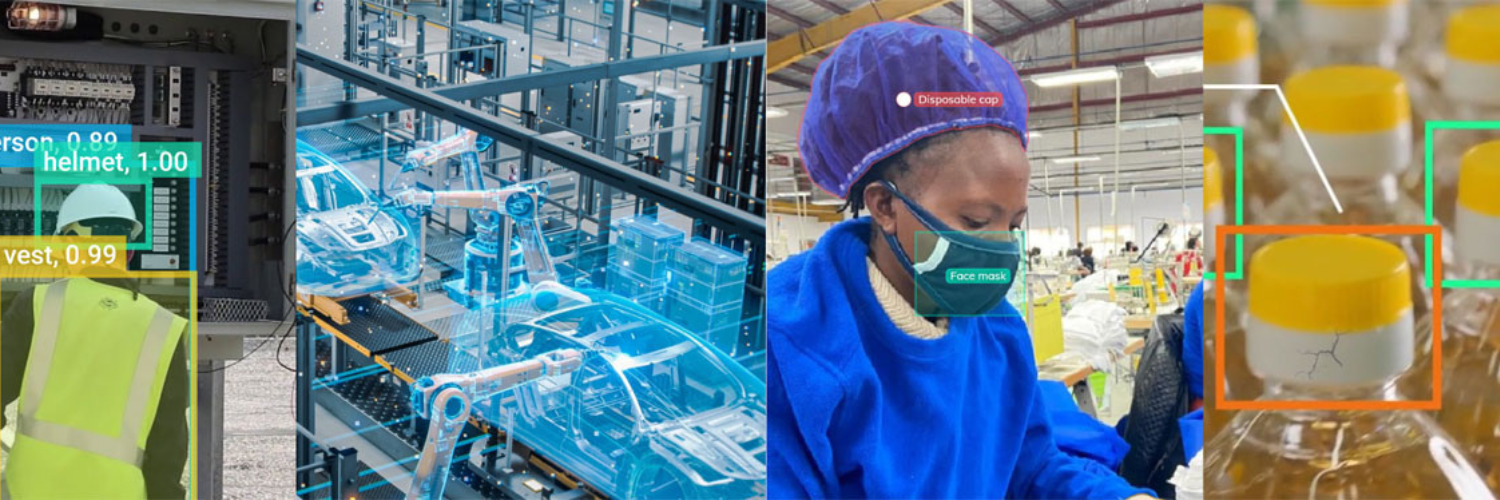Traditional supplier agreements are foundational to the architecture of commerce, serving as the foundation upon which the exchange of goods and services is built. These contracts codify the terms, conditions, and expectations between buyers and suppliers, ensuring that each party is aware of their obligations and the consequences of non-compliance. However, these conventional agreements come with inherent limitations. They often require manual oversight, are vulnerable to delays due to paperwork, and can be troubled by human error or intentional manipulation. Moreover, the enforcement of these agreements typically necessitates a third-party intermediary, which can lead to additional costs and complexities.
Enter smart contracts: self-executing contracts with the terms of the agreement directly written into code. Within the supply chain, smart contracts are revolutionary, offering a level of automation that traditional contracts cannot match. By utilizing blockchain technology, these digital agreements are not only automated but also immutable and distributed, which means that once the predetermined conditions are met, actions such as payments and notifications are triggered automatically without the need for intermediaries. This not only significantly reduces the potential for disputes but also enhances the efficiency of supply chain operations by streamlining processes and fostering trust through transparency. As supply chains become more complex and intertwined, the ability of smart contracts to provide real-time execution and indisputable verification makes them an increasingly relevant tool for modern commerce.
Understanding smart contracts
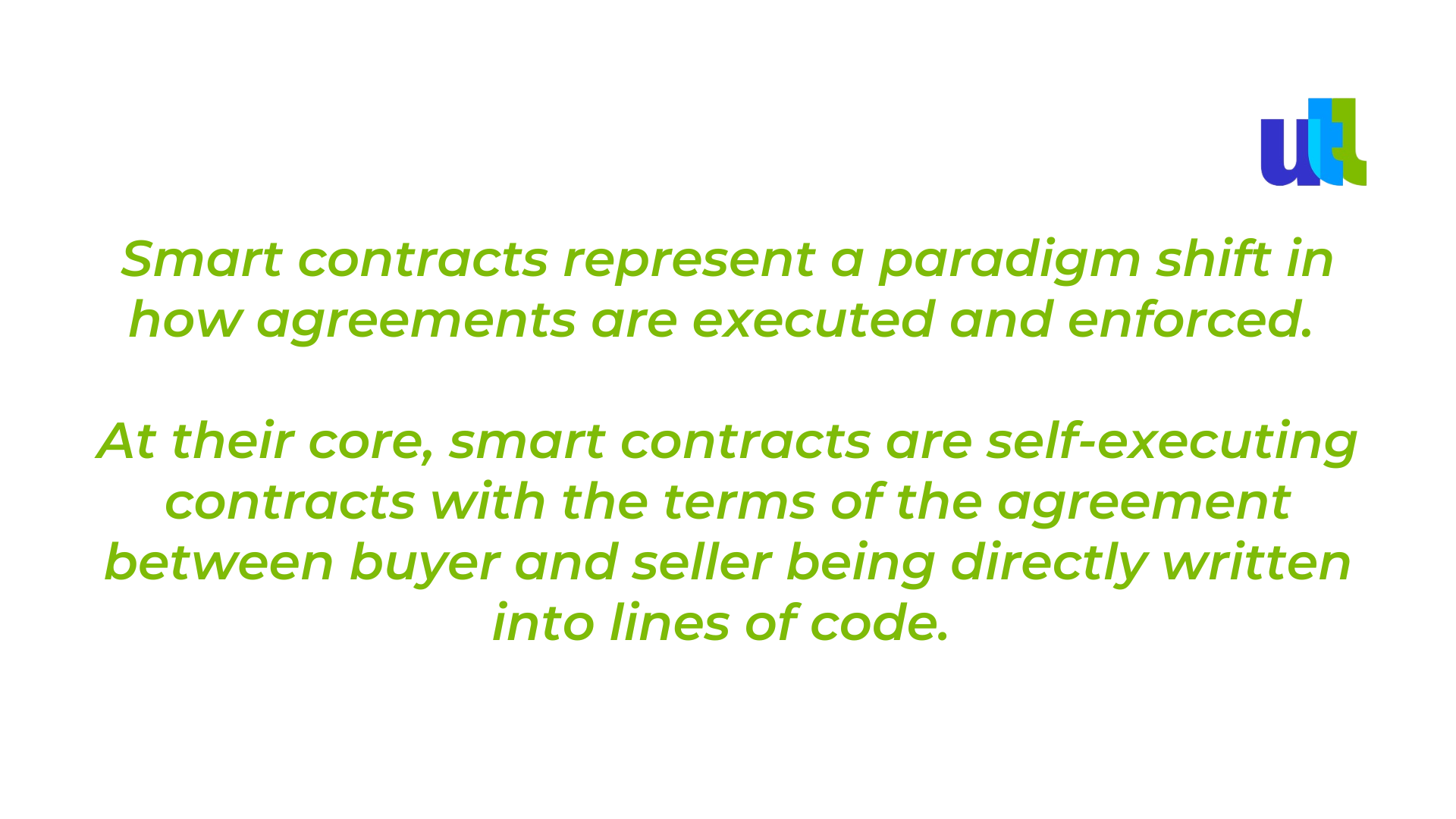
The code and the agreements contained therein exist across a decentralized blockchain network. This setup allows smart contracts to run automatically, without the need for intermediaries, when predetermined conditions are met. Unlike traditional contracts, which require human intervention for execution and rely on legal systems for enforcement, smart contracts offer a high degree of automation, ensuring actions such as payments and deliveries are processed instantly and accurately upon agreement fulfilment.
The simple difference in transparency is another advantage of smart contracts over their traditional counterparts. Every transaction is visible to all parties involved and is recorded immutably on the blockchain, which significantly reduces the risk of fraud and disputes. This level of transparency fosters trust among stakeholders and streamlines operations, leading to enhanced overall efficiency. Furthermore, the role of blockchain is critical as it provides a secure and reliable platform that is resistant to tampering and downtime, ensuring that smart contracts function consistently and predictably. Thus, smart contracts, enabled by blockchain technology, are not just digital agreements but are powerful tools for automating and improving the reliability of contractual obligations in the supply chain.
Benefits of implementing smart contracts in supplier agreements
The incorporation of smart contracts into supplier agreements yields a multitude of benefits that transcend the capabilities of traditional contracting methods. Predominantly, these digital contracts excel in the realm of agreement enforcement; they are designed to automatically execute and enforce the terms stipulated within them once the coded conditions are met. This automation mitigates the need for manual monitoring and intervention, thereby expediting the execution process. In addition, the blockchain, which underpins these smart contracts, serves as an immutable ledger, providing unparalleled transparency. This transparency fosters a heightened level of trust between parties, as every transaction and its associated outcome are recorded and verifiable by all stakeholders involved.
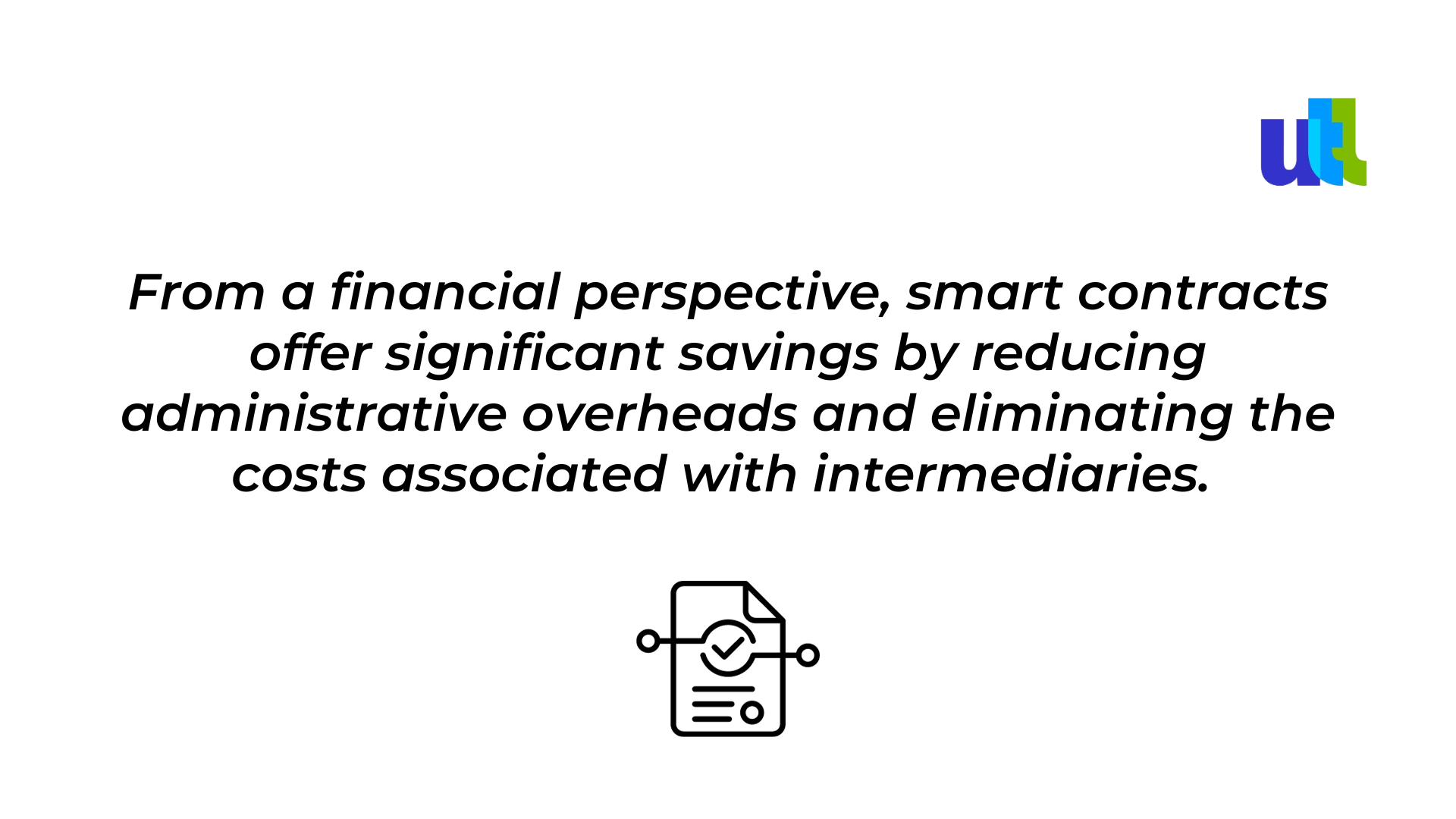
This lean approach to agreements not only cuts costs but also shortens the cycle time of transactions, enhancing the overall efficiency of supply chain operations. Another commendable advantage of smart contracts is their ability to reduce errors. Traditional contracts are susceptible to human mistakes during drafting, execution, and enforcement, but smart contracts minimize this risk by codifying terms in precise, unambiguous code. This exactness ensures improved compliance with the terms, as the smart contract will only execute as programmed, thus aligning with the agreed standards and regulations. These attributes collectively make smart contracts a transformative tool for modernizing supplier agreements, offering an innovative way to streamline supply chain management.
Challenges and considerations
While smart contracts offer compelling advantages, their implementation is not without challenges.

Additionally, the current legal and regulatory frameworks around smart contracts are still in their nascent stages. The lack of clear legal precedents and standardized regulations can create ambiguity, posing a risk for businesses that might find their smart contracts at odds with existing laws or facing unrecognized by judicial systems.
Moreover, the integration of smart contracts with existing supply chain systems presents its own set of challenges. Legacy systems and traditional business processes may not be readily compatible with blockchain-based smart contracts, necessitating a careful assessment of existing IT infrastructure and potentially significant modifications to ensure seamless integration. It requires a strategic approach to upgrade or adapt current systems to communicate effectively with blockchain networks and to handle the output of smart contracts. Such integration efforts must be meticulously planned and executed to capitalize on the benefits of smart contracts without disrupting the ongoing supply chain operations. Acknowledging and preparing for these challenges is crucial for organizations looking to modernize their supply chain agreements through smart contracts.
Steps to implement smart contracts in your business
Embarking on the journey of implementing smart contracts within your business begins with a comprehensive preparatory phase. Assessing the company’s readiness is pivotal; this encompasses setting clear objectives for what you wish to achieve with smart contracts, understanding the technical requirements, and ensuring that the necessary infrastructure and expertise are in place. The next critical step is choosing the right blockchain platform, which should align with your business needs in terms of scalability, security, and compatibility with existing systems.
Once the platform is selected, the focus shifts to the development and testing of the smart contracts. This phase should adhere to best practices in software development, with an emphasis on writing clear, concise, and secure code. Rigorous testing in controlled environments is essential to identify and rectify any issues before deployment. Furthermore, smart contracts often represent a significant shift in operational processes, which means that staff training and effective change management strategies are essential to ensure a smooth transition. Employees must understand how to interact with the new systems, and there should be support structures in place to help manage the change. These steps are crucial in minimizing disruption and maximizing the potential benefits of smart contracts in your business operations.
Conclusion
In conclusion, smart contracts hold the transformative potential to reimagine the landscape of supplier agreements. By embedding the terms of agreements within the immutable and transparent framework of blockchain technology, smart contracts automate enforcement, minimize disputes, and facilitate a level of efficiency previously unattainable with traditional contracts. This innovation not only streamlines operations but also ushers in a new era of trust and collaboration within the supply chain.
As businesses look to the future, the implications of smart contracts in supply chain management are profound. Adopting this technology could mean the difference between remaining competitive and being left behind in an increasingly digital world. Therefore, it is imperative for companies to consider the strategic integration of smart contracts into their operations, embracing the opportunities they present for growth and advancement. We stand on the cusp of a major shift in how commerce operates, and smart contracts are poised to be at the heart of this revolution. Businesses that recognize and harness the power of smart contracts will likely lead the charge in the next wave of supply chain innovation.
As we navigate the evolving landscape of supply chain management, the role of smart contracts becomes increasingly central to innovation and efficiency. If you are ready to explore the transformative power of smart contracts within your supplier agreements or have questions about their implementation, we invite you to reach out. UtahTechLabs team is dedicated to providing the expertise and support necessary to integrate this ground-breaking technology into your business strategy. Contact us to learn more, share your thoughts, or start a conversation about the future of your company's supply chain solutions. Embrace the change and let us help you harness the full potential of smart contracts to propel your business forward.
For free consultation on supply chain smart contracts, click here.
----------------------------------------------------------------------------------------------
View the full presentation:
WRITTEN BY
Milda Butkeviciute
2024-01-04








